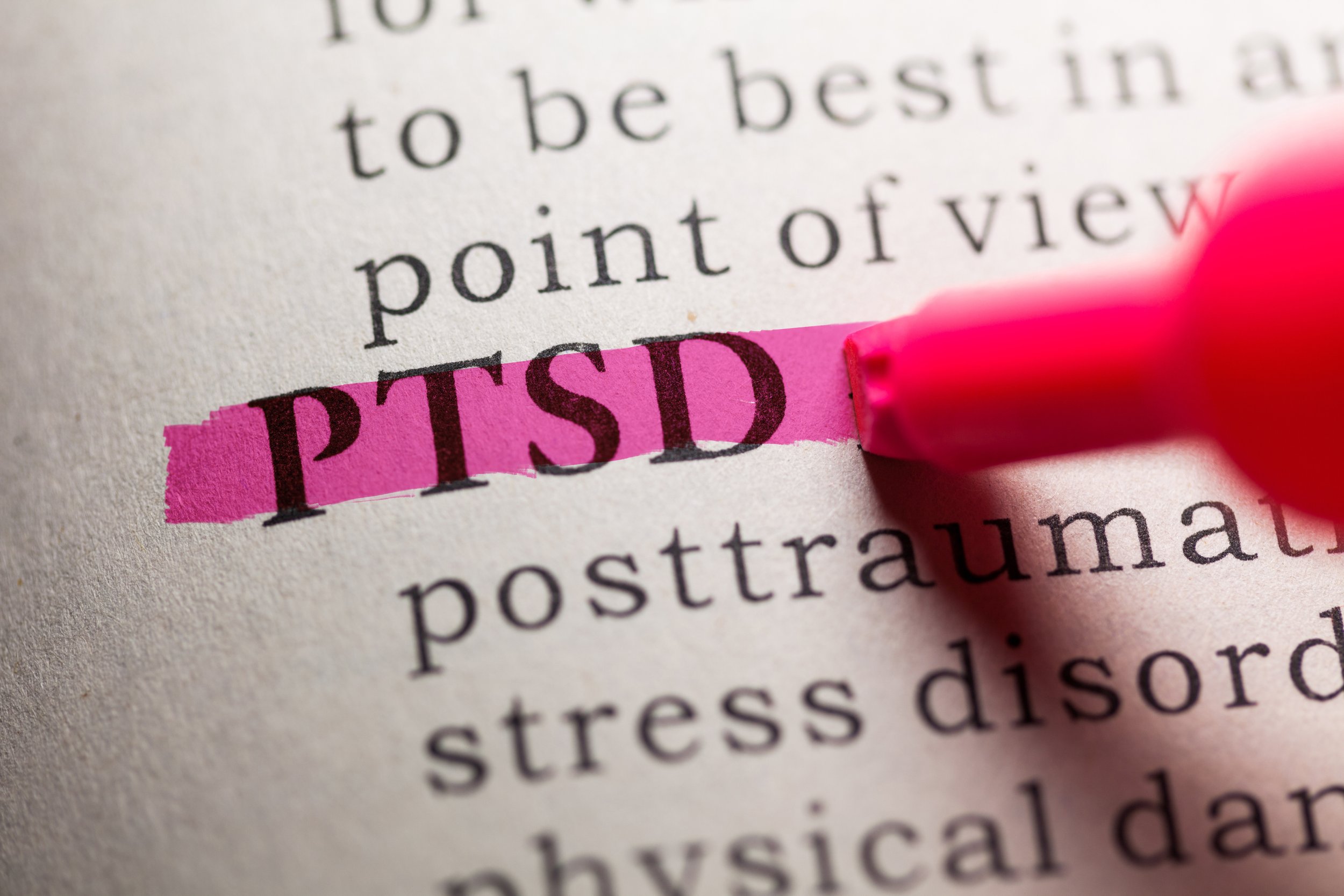PTSD diagnoses have been sweeping college campuses — here’s why and how students can cope
Photo by Adobe Stock
College campuses are being plagued by a rising mental health concern, and it’s spreading fast: post-traumatic stress disorder (PTSD) diagnoses are twice as common on college campuses as they were less than a decade ago.
In a study from The University of Alabama with over 330 colleges and universities participating, the results showed a spike in the amount of students suffering from PTSD between 2017 and 2022. These results are alarming — PTSD has extreme effects on mood, cognition and the affected individual’s everyday life.
When reflecting on the past few years and the events that have hit campuses, the study lists some potential causes for PTSD increases: an unprecedented global pandemic, political divide that is in some cases violent and perpetual acts of abuse.
Psychology professor Brennan Peterson, Ph.D., who teaches a course on trauma-informed treatment at Chapman, explained what trauma looks like and how it can affect students in their daily lives.
“Trauma is this fight, flight, freeze response that the body has in danger,” said Peterson. “Something dangerous is happening, and it’s oftentimes an incomplete response, like the body doesn’t have that opportunity to resolve the process how it normally would.”
PTSD diagnoses are determined by four main types of symptoms and if those symptoms are present for over a month, according to the DSM. These include memory intrusion (nightmares, flashbacks), avoidance (avoiding situations that might be related to the traumatic event), cognitive and mood changes (memory loss, self-negativity and shame, detachment or isolation) and reactivity (hypervigilance or paranoia).
“Some of the main symptoms they’re going to have are more difficulty concentrating, more difficulty studying for long periods of time,” he said. “They might have more difficulty in their social relationships. They might feel more isolated. They might feel more depressed, more withdrawn from other people.”
Peterson recommended the audiobook “Trauma Recovery: A Mind-Body Approach to Becoming Whole” by Arielle Schwartz for students who are looking for ways to cope with trauma. He also recommended pairing the mindfulness activities from this book with other practices such as yoga, psychotherapy and downloading treatment-based apps.
While the school offers services to help students work through trauma and mental health concerns, it isn’t easy for those affected with PTSD to seek those resources out.
Dani Smith, Ph.D., who serves as an advocate for victims of sexual assault on campus, listed some reasons why she believes students may be hesitant to report traumatic events or seek help.
“A lot of self-blame and shame is associated with this, so it's essential that steps are taken to minimize retraumatizing survivors,” said Smith.
Smith emphasized the importance of reaching out to advocates on campus that are trained to help students through the aftermath of traumatic events.
Aside from Smith herself, there are other advocates that Smith suggested students reach out to for support: Fish Interfaith Center clergy, Psychological Counseling Services, Case Manager Miguel Calderon, members of C.A.R.E.S. (Creating A Rape Free Environment for Students), and Lead Title IX Coordinator Colleen Wood.
“(Campus advocates) validate the survivors' experiences, explaining the process and options in ways that empower survivors,” added Smith.
Sophomore business administration and accounting double major Kelly Henley, who has been a member of C.A.R.E.S. since the first week of her freshman year, shared the benefits of talking to campus advocates when looking for support after traumatic events.
“If you talk to one of the advocates, they’ll tell you your resources and your options without having to do anything legal that you don’t want to get into," she said. “It's not stressful.”
Students who are experiencing trauma-related mental health issues can reach out to any of the resources mentioned by the student and experts quoted in this article. A complete list of the resources recommended by the interviewees is available below.
Student Psychological Counseling Services
Phone Number: (714) 997-6778
Email: spcs@chapman.edu
Address: 410 N. Glassell St.
Phone Number: (714) 628-7260
Email: interfaith@chapman.edu
Dani Smith, Ph.D. — C.A.R.E.S. Coordinator and Rape Crisis Counselor
Office Location: Argyros Forum 303F
Email: dasmith@chapman.edu
Colleen Wood — Lead Title IX Coordinator
Email: cwood@chapman.edu
Miguel Calderon — Case Manager
Email: mcalderon@chapman.edu
Trauma Recovery: A Mind-Body Approach to Becoming Whole by Arielle Schwartz

